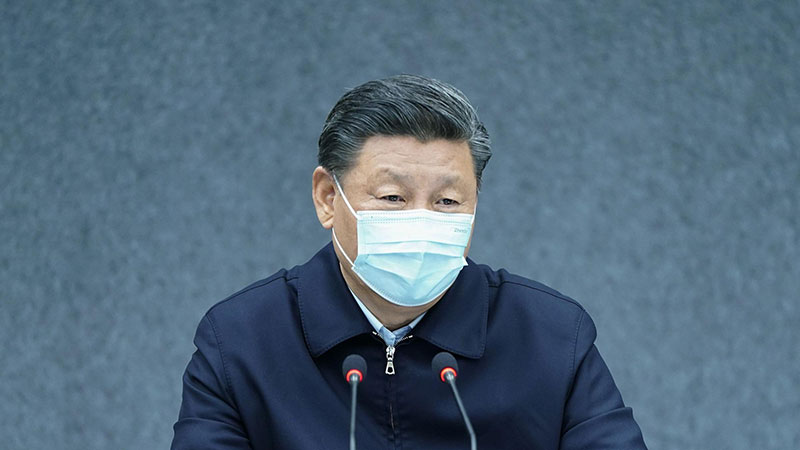Italian election melodrama
Once again, Italian politics provided us with plenty of drama last week. After leaving the euro topic out of their campaign, the two leading populist parties, Cinque Stelle and the Lega Nord, decided to nominate Paolo Savona, a strong critic of the euro as Finance minister. Italian President Matarella, however, fearing for the future of the country, decided to veto this choice. After a brief standoff, during which the populist leaders spoke about impeaching the President and organizing a “march on Rome” in reference to Mussolini’s power grab in 1922, they quickly agreed on Giovanni Tria, a political economy professor from Rome and a less controversial choice for finance minister.
While the crisis has been averted for now, it has reminded all market participants of the importance of Italy for the single currency and the eurozone. Unlike Greece, which represents only 2% of the eurozone’s GDP, Italy is the third largest economy of the bloc. A departure could therefore deliver a lethal blow to the eurozone.
Many observers are also very concerned over the spending proposals of the new government and in particular, the universal basic income and the flat tax rate of 15%, which would increase its debt level by another 6%. This is because Italy’s debt level already stands at 132% of GDP, which makes it the second largest in the eurozone as a proportion of GDP after Greece.
So are we going to see a breakup of the single currency on the back of the Italian election result? While an extreme scenario can never be excluded, this is, however, very unlikely. There are four reasons for this:
- Italian governments have been all but stable. Since 1946, when the current Italian Republic was born, there have been 65 governments in power, taking the average lifespan of a government to slightly over a year. In order to implement their ambitious program, Cinque Stelle and the Lega Nord need to build a stable government. This alliance is unlikely to hold for a longer period, since both parties are on opposite sides of the political spectrum and their electoral base is very different, primarily the South of Italy for Cinque Stelle and the wealthy North for the Lega Nord.
- Even at 132% of GDP, the debt servicing level is manageable. This is due to still low financing rates, since the European Central Bank is guaranteeing Italian government bonds and a primary fiscal surplus, which means that tax income surpasses financing expenses before interest payment.
- A majority of the Italian population is in favor of the euro. This is the reason why the campaign was not centered on quitting the euro. A reversal of this stance could be seen as a betrayal of their voters. Furthermore, a removal of the euro would lead to sharp falls in the value of existing government debt, which is mainly held by Italian banks and Italian savers. This would lead to substantial losses for Italian banks, insurance companies and pensioners, which would make the government very unpopular and likely to be voted out.
- The powers granted to the Italian President should not be ignored, as witnessed by his recent refusal to endorse the proposed finance minister. The President can dissolve parliament and oust the prime minister, if he feels that the country is under threat. This occurred in 2011, when the then President Giorgio Napolitano ousted Silvio Berlusconi and replaced him with European Commissioner Mario Monti.
Italy has numerous structural problems (deteriorating demographics, a lack of competitiveness, high youth unemployment, a high level of bureaucracy, etc.) which need to be addressed. Yet an exit from the euro is very unlikely at this stage.









